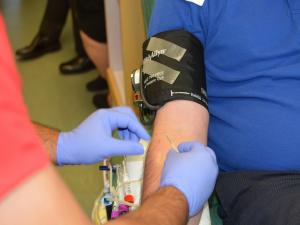
A controversial lifetime ban on gay men donating blood in Northern Ireland has been lifted.
The decision by Stormont Health Minister Michelle O'Neill comes after a long campaign by gay rights activists and a series of court battles over the contentious prohibition.
A similar ban was ended in England, Scotland and Wales in 2011 and replaced with rules that allowed gay men to give blood 12 months after their last sexual encounter with another man. Northern Ireland has now adopted the same deferral policy.
Mrs O'Neill said: "As Health Minister my first responsibility in this matter is patient safety.
"Surveillance data from England, Scotland and Wales and survey evidence from across Britain and the north of Ireland have provided assurance that the risk is lower with a one-year deferral.
"My decision is based on the evidence regarding the safety of donated blood."
The lifetime ban had been retained in Northern Ireland by successive Democratic Unionist health ministers, who cited blood safety concerns.
A lifetime ban on donations by men who have had sex with men was introduced in the UK and many other countries in the 1980s in response to the emergence of AIDS.
In May 2011 UK experts concluded that the evidence no longer supported a lifetime ban and in September 2011 the health ministers in England, Scotland and Wales adopted a one-year deferral.
The absolute prohibition remained in place in Northern Ireland until today.
In the most recent court judgement on the gay blood ban, the Court of Appeal decided the decision on whether to lift the ban rested with Stormont, not the UK Health Secretary.
A previous ruling that former DUP health minister Edwin Poots had acted with pre-determined bias based on his Christian beliefs in retaining the ban was overturned.
It was one of a number of LGBT issues that have stirred controversy at Stormont.
The most high profile remaining dispute is over the ongoing bar on same-sex marriage.


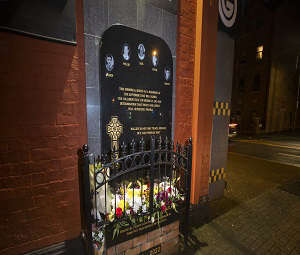 Officer to be prosecuted for offence linked to Troubles memorial during pandemic
Officer to be prosecuted for offence linked to Troubles memorial during pandemic
 Pair appear before court charged with nurse’s murder
Pair appear before court charged with nurse’s murder
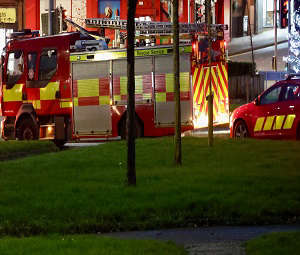 Woman dies in West Belfast house fire
Woman dies in West Belfast house fire
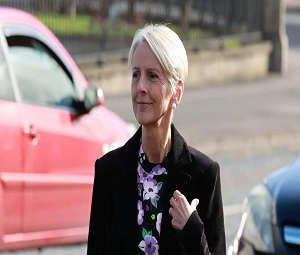 Eleanor Donaldson’s bid to have two charges withdrawn ‘should not delay trial’
Eleanor Donaldson’s bid to have two charges withdrawn ‘should not delay trial’
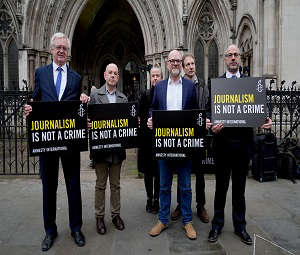 Police surveillance operation to unmask journalistic source ruled unlawful
Police surveillance operation to unmask journalistic source ruled unlawful